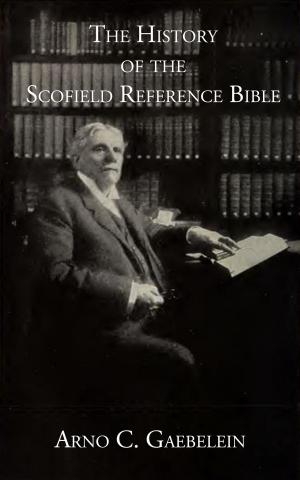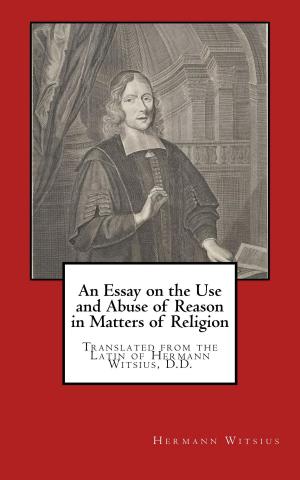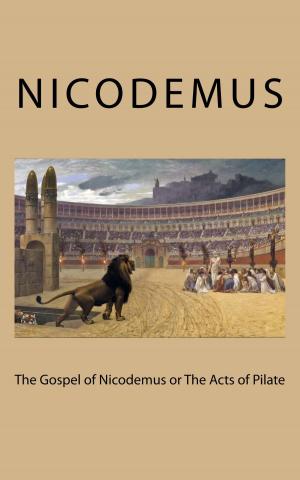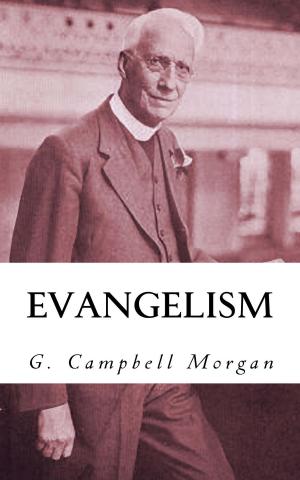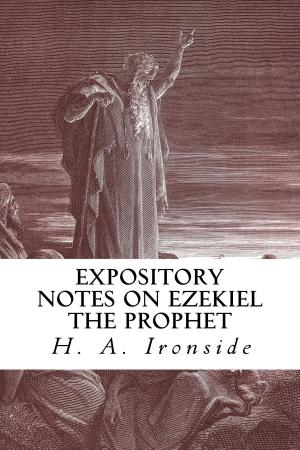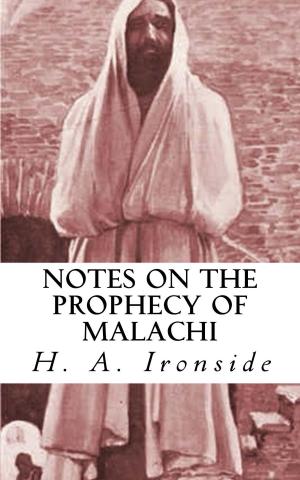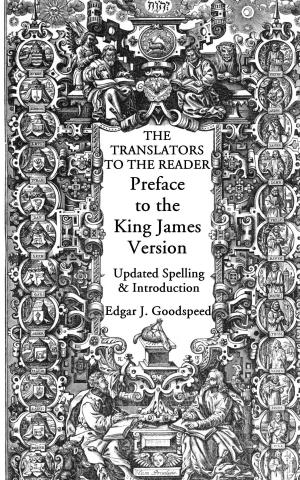Philo's Contribution to Religion
Nonfiction, Religion & Spirituality, Christianity, Christian Literature| Author: | H. A. A. Kennedy | ISBN: | 1230001952155 |
| Publisher: | CrossReach Publications | Publication: | October 4, 2017 |
| Imprint: | Language: | English |
| Author: | H. A. A. Kennedy |
| ISBN: | 1230001952155 |
| Publisher: | CrossReach Publications |
| Publication: | October 4, 2017 |
| Imprint: | |
| Language: | English |
NO ancient writer of such primary importance for the environment and presuppositions of early Christianity has suffered the neglect which has fallen to the lot of Philo. This is true both of British and continental scholarship. I do not mean for a moment to underrate such comprehensive and valuable works as the late Principal Drummond’s Philo Judaeus, 2 vols. (London: Williams & Norgate, 1888), and Dr. Emile Bréhier’s Les Idées Philosophiques et Religieuses de Philon d’Alexandrie (Paris: A. Picard et Fils, 1908).
But Philo deserves to be made the subject of many special monographs. Possibly the sheer profusion of material has scared some competent investigators. No one, it seems to me, can attempt to penetrate the background of early Christian thought without realising the unique significance of Philo of Alexandria. And this is just as true of the practical as of the theoretical aspects of his many-sided achievement. Indeed, the chief impression made upon one by a careful reading and re-reading of his works is the extraordinary vitality of his religious interest, the depth of his religious experience. This seems to be of central value for understanding the man himself, and for estimating his bearing on Christianity.
NO ancient writer of such primary importance for the environment and presuppositions of early Christianity has suffered the neglect which has fallen to the lot of Philo. This is true both of British and continental scholarship. I do not mean for a moment to underrate such comprehensive and valuable works as the late Principal Drummond’s Philo Judaeus, 2 vols. (London: Williams & Norgate, 1888), and Dr. Emile Bréhier’s Les Idées Philosophiques et Religieuses de Philon d’Alexandrie (Paris: A. Picard et Fils, 1908).
But Philo deserves to be made the subject of many special monographs. Possibly the sheer profusion of material has scared some competent investigators. No one, it seems to me, can attempt to penetrate the background of early Christian thought without realising the unique significance of Philo of Alexandria. And this is just as true of the practical as of the theoretical aspects of his many-sided achievement. Indeed, the chief impression made upon one by a careful reading and re-reading of his works is the extraordinary vitality of his religious interest, the depth of his religious experience. This seems to be of central value for understanding the man himself, and for estimating his bearing on Christianity.

